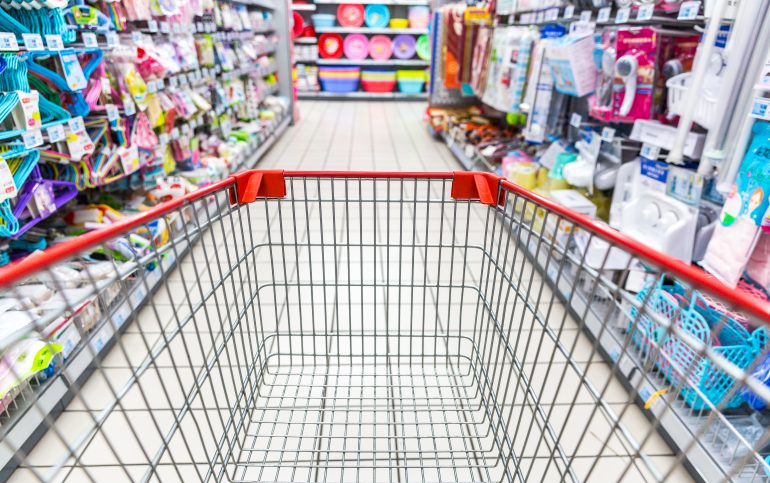Negotiations between supermarkets and suppliers are hitting it up, once again. The Financieele Dagbladreports that due to the rising inflation, the bargaining game between both parties is tougher than in previous years. The discussions are intense. Shop representatives say producers abuse them by raising prices to boost their own profit margins.
The latest numbers in the Netherlands reveals inflation of 6.4% over the month of December. This figure is the highest in almost forty years. “In a few conversations this year we notice that premium brands want to implement additional price increases,” a spokesperson for Albert Heijn supermarkets told the newspaper. “A number of large manufacturers, in particular major brands, are trying to create profit for themselves. You understand that we are not happy about it,” says Vomar director Aart van Haren. “They exaggerate the argument of raw material price increases or abuse it to increase their profit margins. This is not the first time and it leads to an acceleration in inflation,” says Jumbo CFO Ton van Veen.
So far, conversations between parties have not been very productive. It may be, NOS reveals, that products of brands like Maggi, Nescafe, Kitkat and Garden Gourmet, all owned by Nestlé, will no longer be found on the shelves of Albert Heijn in the near future. Albert Heijn has been unable to strike a deal with Nestlé over the price increases for the brands. Due to the conflict, the food company has decided to not supply these products for the time being.
“Nestlé wants to implement price increases of more than 20 percent, which are not explained by the regular cost increases. We find this unacceptable for our customers,” a spokesperson for Albert Heijn told ANP news agency. However, Nestlé denies that the company has requested price increases of 20 percent or more. The company says it is still negotiating about the matter.
Higher than before
Rabobank economist Sebastiaan Schreijen estimates that the sales prices of supermarket suppliers will have to increase between 9% to 10%, on average, to cover the cost increases. “That’s unprecedented.” Customers need to be ready to see an increase on their receipt. “We have seen peaks in the prices of energy and raw materials before,” says Schreijen. “But they don’t usually go hand in hand. Now costs are rising in all areas: from transport costs, to packaging material, to personnel.”
“We really want to understand why suppliers ask for higher prices,” says Michiel Muller, director of online supermarket Picnic. “Sometimes the product itself has not become more expensive, but the transport. The next question is how we divide that extra cost between supplies and supermarkets. You also have to agree on how quickly the price will fall again if the situation changes.”
Clashes about price increases are part of the negotiating game, says Schreijen. “Producers know who they are dealing with. They also know that retailers read everything and have connections everywhere.” Furthermore, food manufacturers also compete with each other, which prevents them from raising prices excessively. Supermarkets know that the margins of many suppliers are too low to fully absorb the cost increase themselves, says Schreijen, so a price increase in the supermarket is unavoidable. “But they push back as much as possible.” The supermarkets managers say they negotiate sharply so that the prices remain manageable for their customers. No one wants to be the first to raise prices and risk customers switching to another supermarket.
“We try to be cautious about price increases,” says Jumbo CFO Van Veen. “However, it’s an illusion that we can postpone them forever. We had a net profit margin of 2% in 2020; we cannot absorb a price increase of 5%. Of course, prices are going up. That is not out of luxury, but out of necessity.”
Written by Raphael Vieira Perachi
